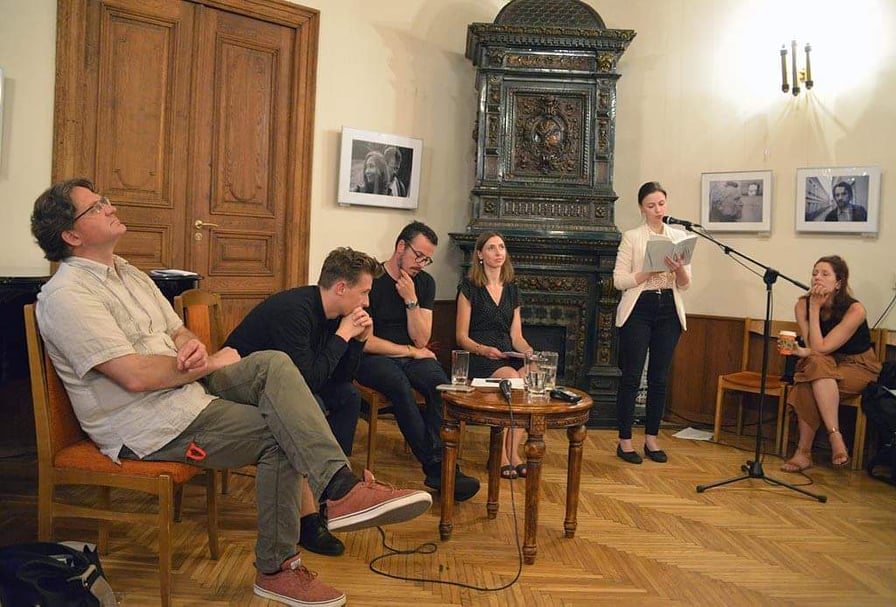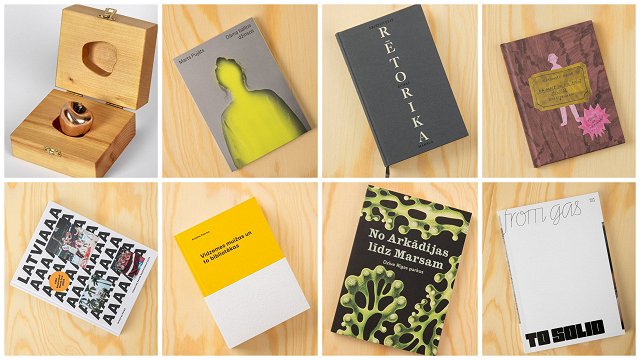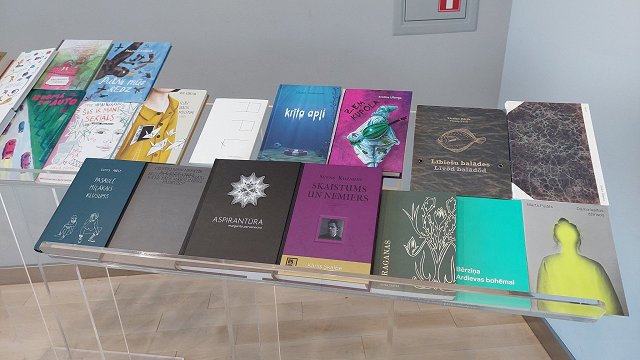At the end of July, Culture Ministers of the three Baltic States met in Vilnius and decided on the translation and publication of the Baltic Assembly Prize for Literature award-winning works in all three Baltic languages.
This means that the awarded works will be systematically translated in the Baltic States, thereby allowing a much wider knowledge of the literature and the creation of a more cohesive Baltic cultural area.
Lithuanian Writers Union International program coordinator Marija Mažule said: "There are white spots regarding translations of our neighboring literature. More translations are done between the Latvian and Lithuanian, or between Latvian and Estonian, but there are far fewer between Lithuania and Estonia. It is precisely this final direction that we want to develop most.
To date, the Baltic Assembly Prize was just an honor, but it didn't echo in the wider readers' community. How we will succeed in changing this with these translations - time will show. The memorandum states that each country's Ministry of Culture will use its funding mechanisms, and that is why it is important for us to share the choices we have made (..) It is EUR 10 000 for the translation and issue of a single book, and I think it is an adequate amount to be able to address and attract publishers."
Tiit Aleksejev, head of the Estonian Writers' Union, said: "If you entered a bookshop in Tallinn, you would find, say, 15 Finnish authors, 10 Danish or Swedish, and some 2 Latvian authors, and maybe one Lithuanian. It needs to be a really good bookstore, because elsewhere you may not find any. It is therefore essential that, as a Writers' Union, with this signed memorandum, we attract interest of publishers and translators in this common idea.
Our translators are at a really high level, and at the moment, the most important thing we are working on is the development of an action plan, where the first point is to raise funds."
Arno Jundze, head of the Latvian Writers' Union, pointed out that signing the memorandum alone is not enough:
"You can always sign a memorandum, but it's a document that can pave the way to hell and do nothing.
The real content needs to be put in place now, and the first job for writers' unions in all three countries would be to talk to their national Ministries of Culture how to actually execute it. "
Jundze noted that it is important that the Memorandum should have practical implications and not work on the “like – dislike” principle, and that reasonable deadlines should be provided for the translation and publication of works.

































